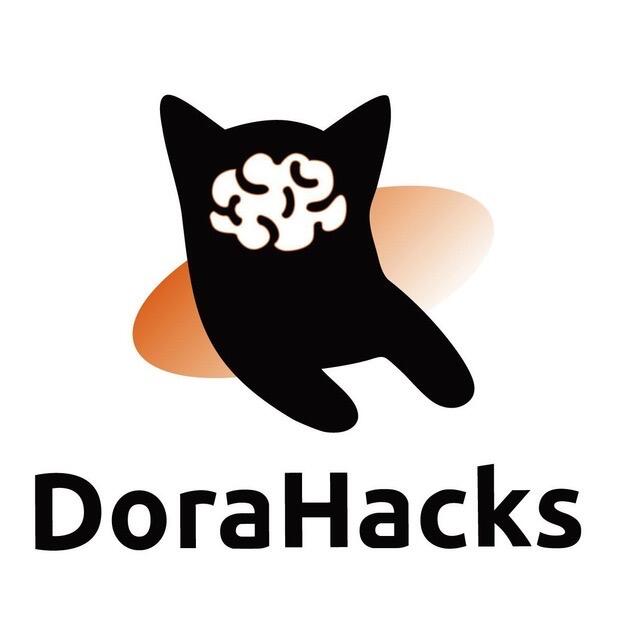-
 @ DoraHacks
2025-01-11 08:07:52
@ DoraHacks
2025-01-11 08:07:52Hackathon Summary
The McGill Physics Hackathon 2024 featured a dynamic 24-hour coding event, spread over three days, encouraging creativity in scientific computing and the physical sciences. With 88 registered developers, the event resulted in 43 projects, showcasing high engagement from teams of 2-5 members. The hackathon emphasized inclusivity by welcoming participants from various disciplines, focusing on curiosity rather than expertise.
Participants interacted with experts from academia and industry, creating a collaborative environment that provided valuable guidance and networking opportunities. This interaction enriched the learning experience for all attendees.
The hackathon fostered diverse applications in scientific computing, demonstrating its goal to inspire fun and creativity within a supportive setting. Its successful execution underscored its role in making scientific computing accessible and enjoyable, promoting innovation without imposing strict thematic restrictions.
For further details about the hackathon, visit here.
Hackathon Winners
Main Track Prize Winners
- Schrödinger's Tic Tac Toe - Integrates quantum mechanics with tic-tac-toe using React.js for the interface and JavaScript for the game logic. The project offers educational gameplay on superposition and decay, featuring dynamic visuals and interactive elements.
- Quantum Pacman - Combines quantum physics with Pacman by using probability distributions to model ghost positions. This project offers a gamified exploration of quantum mechanics through innovative game mechanics.
- Satisfying the Wave Equation: Simulating Light Waves from Scratch - Utilizes GPU acceleration for simulating light wave phenomena, demonstrating interference and diffraction with real-time updates, providing insight into light behavior.
- Kathy and Karth: A Story of Time Dilation - Simulates time dilation through differential speeds and aging effects, illustrated in a practical scenario involving relativistic physics.
- Hackathon Marble Drop - Visualizes mathematical functions through interactive simulations, applying parameters like drag force and gravity to enhance physical concepts understanding.
- Quantum Cloud - Analyzes multi-electron orbitals using the Hartree-Fock method. It visualizes electron dynamics with Python and SciPy, enhanced by Unity for atomic structure representation.
- The Force Awakens: Black Hole Orbital Mechanics N-Body Simulator - Simulates black hole orbital mechanics using gravitational physics, featuring real-time celestial simulations and web-integrated user interaction.
- BloodViz - Models blood flow dynamics in normal and diseased states using Poiseuille's equations, presented through Vue.js for exploring physiological changes related to health.
People's Choice Prize Winner
For a comprehensive view of all submissions and innovations from the McGill Physics Hackathon 2024, visit Dorahacks.
About the Organizer
McGill Physics
McGill Physics, the Department of Physics at McGill University, is renowned for its research and academic excellence. Specializing in areas such as condensed matter physics, astrophysics, and quantum computing, the department is committed to advancing scientific knowledge through cutting-edge research and collaboration. With a strong focus on interdisciplinary projects, McGill Physics actively contributes to pioneering advancements in the field, fostering an environment of discovery to address complex scientific challenges globally.